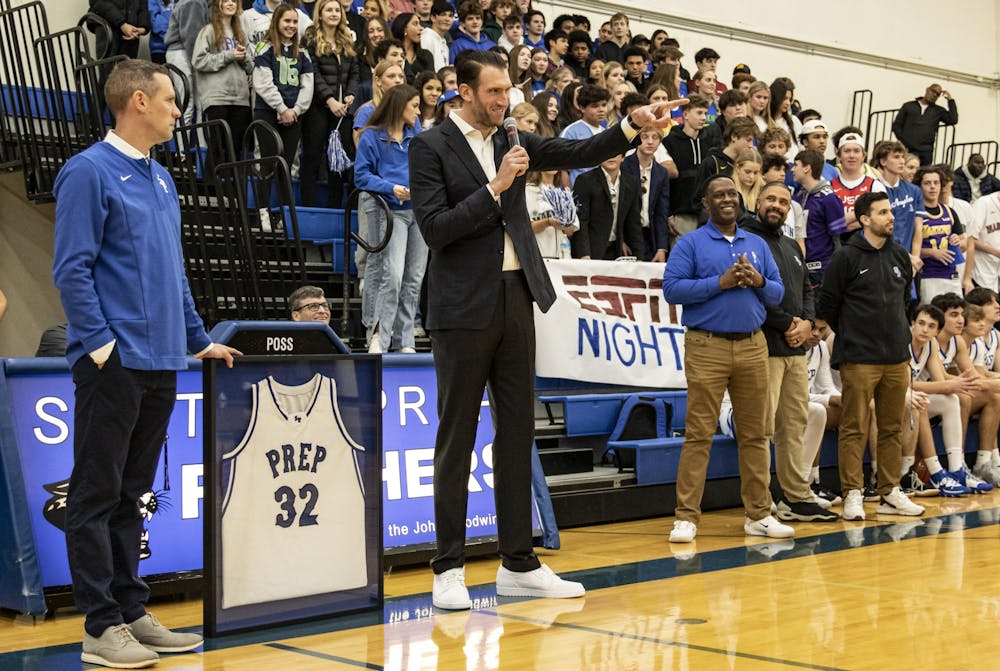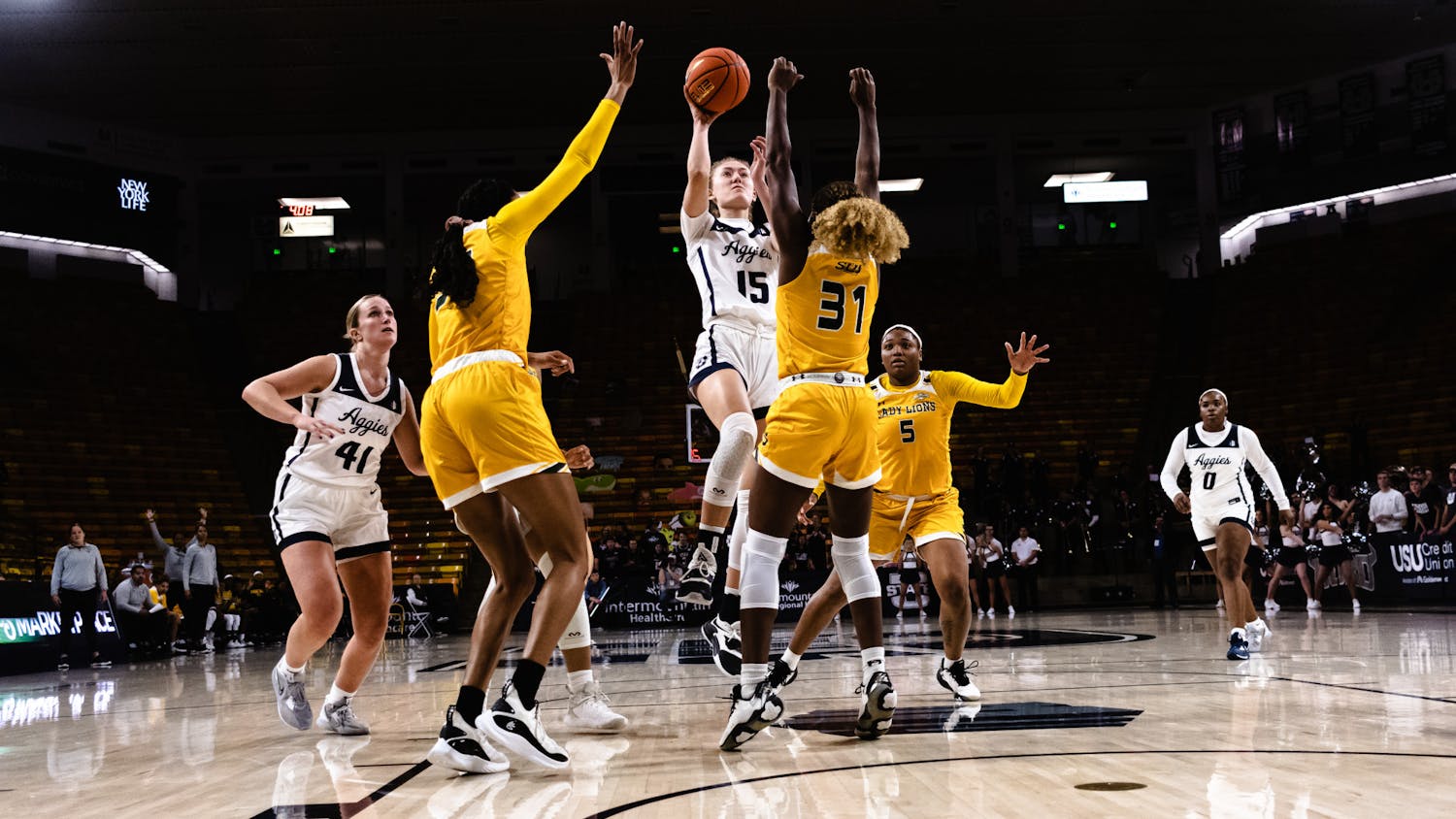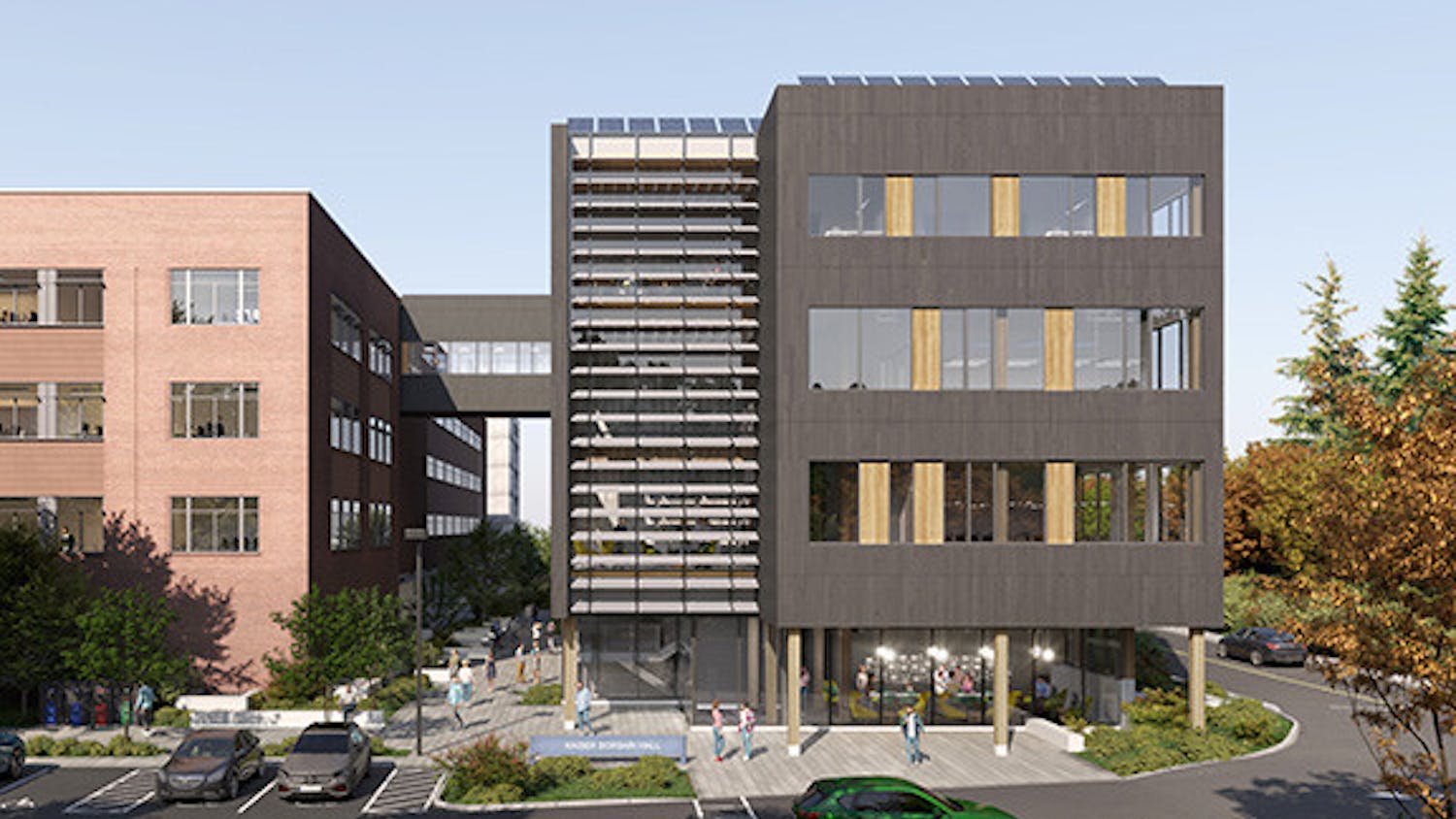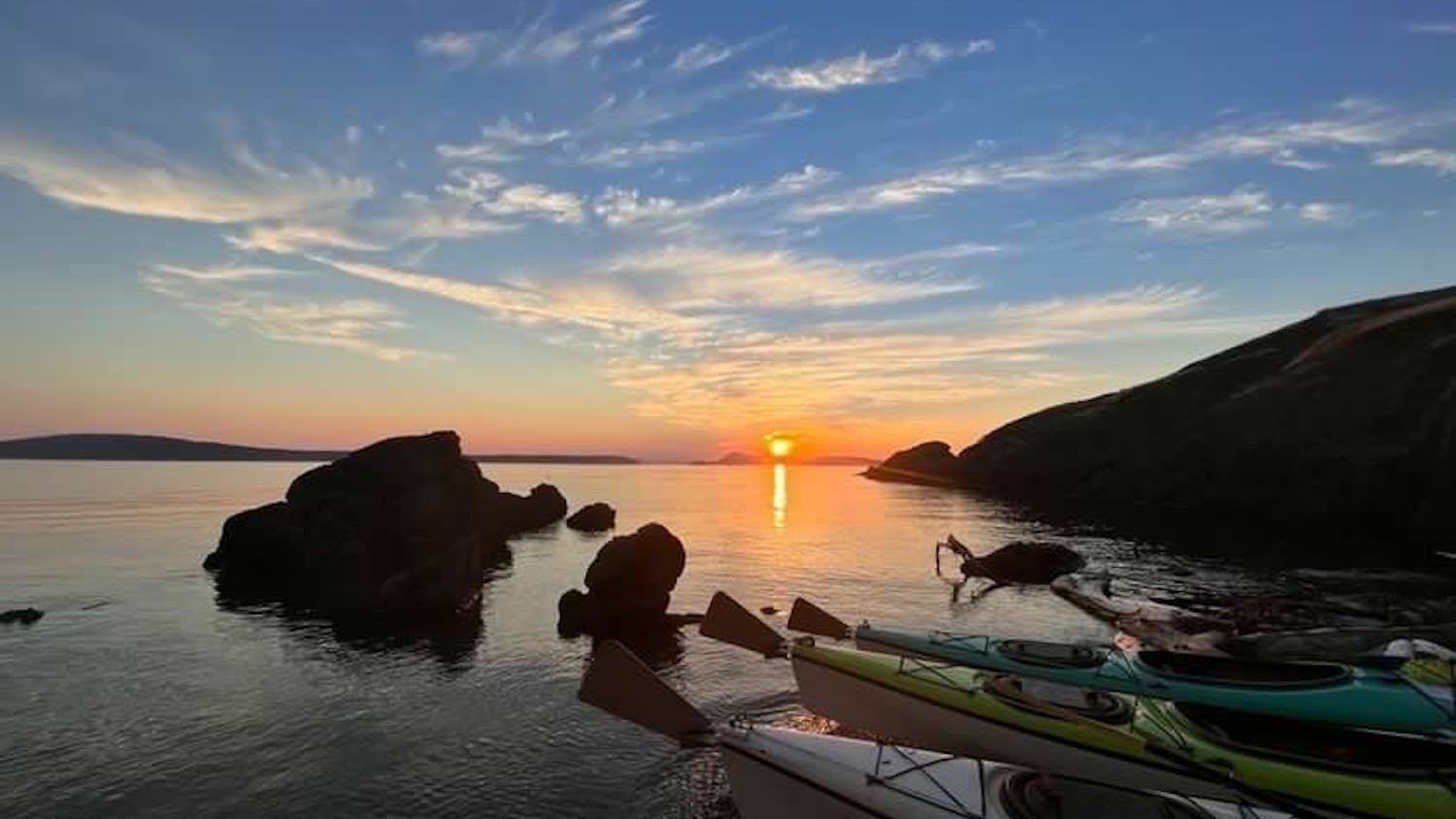Spencer Hawes grew up in the Queen Anne neighborhood of Seattle before spending a 10-year career playing in the NBA. Hawes was selected 10th overall in the 2007 NBA draft by the Sacramento Kings and later played for the Philadelphia 76ers, Cleveland Cavaliers, Los Angeles Clippers, Charlotte Hornets and Milwaukee Bucks.
Hawes led Seattle Preparatory School to a state championship victory in 2006 and went on to one-and-done at the University of Washington following the 2006-07 season.
His greatest individual season came in 2013-14 when he averaged 13.2 points, 8.3 rebounds, 3 assists, 1.2 blocks and shot 41.6% from three on 3.9 attempts per game, splitting time with the 76ers and Cavaliers after a trade deadline deal sent Hawes to Cleveland.
His NBA career ended in 2017 and he now lives back in Seattle, just a mile from where he grew up.
Q: You recently had your high school jersey retired on Jan. 21. As a freshman at Seattle Preparatory School in the early 2000s, could you have ever expected this to happen?
A: No. I was skinny, I wasn’t that tall [and] I played center pretty much my whole life even though I wanted to be a point guard. I didn’t have the skill set to be able to do it.
Q: What was it like winning a state championship in 2006?
A: It was honestly more of a relief than anything. Two years prior to that, I thought we had the best team in the state. Martell [Webster] got hurt in this weird, fluky triple-overtime game at Rainier Beach that should have been over. Somehow it got extended, and he broke his foot, and that kind of derailed that season. Next year, his senior year, we just got beat twice in districts. So, I think whereas normally it would have been more of a celebration, it was more of just like ‘All right, glad we didn’t lose it.’
Q: Was it always going to be the University of Washington?
A: No, I wouldn’t say that. Duke was my dream school, but they were the only school I didn’t have an offer from. Duke and [North] Carolina, at least in those days, didn’t really recruit against each other. So once Carolina kind of got their claws in, that [became] the only other school that I could envision going to. But back then, it was like two flights, a full day to get back there. I’m a momma’s boy, a hometown guy, and my grandpa went to UW, my dad went there and my uncle went there. I knew I wanted to be in Seattle, and I knew I’d get an opportunity right away, so I think that combination of factors made it a less difficult decision turning down Roy [Williams and] turning down Carolina.
Q: How were your first three years with the Sacramento Kings?
A: It was frustrating because when I got there it was kind of the end of the [Mike] Bibby, Brad Miller era. The whole time I was there, it was kind of in flux like, out with the old, in with the new. What do we have with this guy? What do we have with that guy? [With] three coaches in three years, there wasn’t a lot of stability and it wasn’t the best environment to develop.
Q: You were involved in four trades during your career. What is it like being traded?
A: It’s cool if it’s during the offseason. The first time [I got traded during the season] I knew I was getting traded because Philly was starting their “Process.” They were just trying to unload expiring contracts, trying to get assets back, get younger [and] shed salaries. So I knew I was getting traded that year, I just didn’t know where I was going. I got the call that I was going to Cleveland, threw all my [things] on my bed that I thought I needed for the rest of the year, and that was the last time I was ever in my apartment. They sent a plane for me that night, and [I] flew out to Toronto by myself, and the next game [I’m] playing with a new jersey on.
Q: Was the plan to eventually play for your hometown Seattle SuperSonics before their relocation to Oklahoma City in 2008?
A: I always said I just wanted to save a year at the end of my career like — I’ll go wave a towel, I’ll go do whatever — just to have that on the basketball reference, to be able to play back here. I was fortunate enough to play one game against the Sonics in KeyArena. It’s still probably my favorite game I ever played in my rookie year.
Q: How were you such an efficient three-point shooter in an era where few centers were shooting threes?
A: I always liked shooting threes, but it was a lot more rigid and defined — ‘If you’re a five, you do this.’ My second year, I shot a fair amount of them, and I know at the beginning of the year I came out hot. I think I started 12 for 13 or something. I called my dad and I was like, ‘Hey, now that we’re like five games in, print out the league leaders because I’m shooting like 90%, and [it’s] not going to last, and I’m number one so screenshot that or something.’ But I think it was just more that I wasn’t efficient enough in the post to score down there. You’ve got to figure out how to evolve to make yourself valuable. and I’d always been able to shoot, it was just a matter of stepping back a couple feet.
Q: You were involved in a couple of on-court altercations during your career. Was that a part of your game or more just about defending yourself?
A: I mean, I would always talk [trash]. I was never looking for it, but you also got to know if you don’t stand your ground then you get a reputation. So I don’t think I would ever be the first one to start something but you definitely, when it happens, get to let a little bit of rage out and stand up for yourself.
Q: Was there anyone you’d consistently get into it with?
A: I’d say [DeMarcus Cousins] was the guarantee. And I like Boogie, I always got along with him off the court, but I’d say he’s probably the one that stands out. LeBron [James] and I got into it a couple times, but that was always on hard fouls that he objected to.
Q: What’s your relationship with the first pick in the 2022 NBA draft and Seattle’s own, Paolo Banchero?
A: I started working with [Banchero] his sophomore year. I was still working out pretty hard on the court, so it was fun being able to compete against him, but really more just try and pass along some tricks of the trade. Paolo’s versatility at his size, he’s so much more developed than a kid going into their rookie year. He just looks like he’s a step ahead of guys a lot of times when he’s got the ball in his hands as a facilitator, compared to anybody, but especially compared to the rest of the 20-year-olds going around.
Q: Who is your favorite player to watch these days?
A: [Nikola] Jokic is my favorite. He’s what I always hoped that a coach would let me play like — be able to get a rebound [and] go run the break. I always thought my passing was my greatest contribution, so the way that he orchestrates the offense I think is awesome.
Andrew Foster (he/him) is the editor-in-chief for The Front this quarter. He is majoring in journalism and enjoys playing, watching and writing about basketball.
You can reach him at andrewfoster.thefront@gmail.com.






